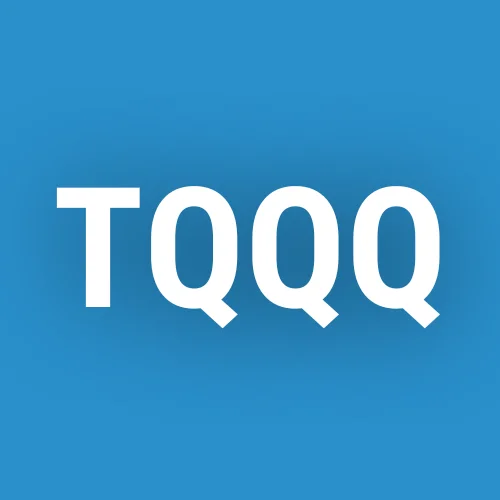Article Directory
Dr. Thorne's Vision: It's Not Just Tech, It's Humanity's Leap
Okay, friends, buckle up. I want to talk about something that's got me practically buzzing with excitement, something that feels like we're on the verge of a real paradigm shift. It's not just about faster processors or fancier gadgets; it’s about fundamentally changing the way we interact with the world, with each other, and with the very fabric of reality.
The Dawn of "What If?"
You know, for years, we've been stuck in this incremental loop of "better, faster, smaller." But every once in a while, something comes along that just blows the doors off, something that makes you stop and say, "Wait, that's possible?" Think about the printing press. Before Gutenberg, knowledge was locked away, accessible only to a select few. His invention didn't just make books cheaper; it democratized information, ignited the Renaissance, and reshaped society. This new wave of innovation feels like that kind of moment.
But what is "this"? What am I talking about? Well, I can't point to one single device, one specific company. It's more like a convergence, a confluence of ideas all pointing towards a future where technology isn't just a tool, it's an extension of our very being. Think neural interfaces that allow us to communicate directly with machines, AI that anticipates our needs before we even articulate them, and augmented reality that seamlessly blends the digital and physical worlds. Imagine a world where learning is instantaneous, where creativity is amplified, and where the limitations of our physical bodies are transcended. See, that's not science fiction anymore; it's the direction we're heading.
What does that future look like? I don't have all the answers, and frankly, nobody does. But that's what makes it so exhilarating. We're not just building new technologies; we're building a new world, and we get to decide what it looks like.

I see a future where education is personalized and accessible to everyone, regardless of their background or location. Imagine learning any subject, at any pace, with AI tutors that adapt to your individual learning style. What if medical diagnoses were instantaneous and accurate, allowing for early detection and personalized treatments? What if we could eliminate language barriers, connecting people from all corners of the globe in seamless communication?
This isn't just about convenience or efficiency; it's about unlocking human potential. It's about empowering individuals to pursue their passions, to solve global challenges, and to create a better future for all. But with great power comes great responsibility, right? We have to be mindful of the ethical implications of these technologies. We must ensure that they are used to empower, not to control; to connect, not to divide. We need to have open and honest conversations about the future we want to create, and we need to involve everyone in the process.
When I think about the possibilities, I am reminded of the story of the Wright brothers. Two bicycle mechanics who dared to dream of flight. People laughed at them. Experts said it was impossible. But they persevered, driven by a vision of what could be. And on a windy day in Kitty Hawk, they changed the world forever. We are all Wright brothers now. We all have the opportunity to shape the future.
